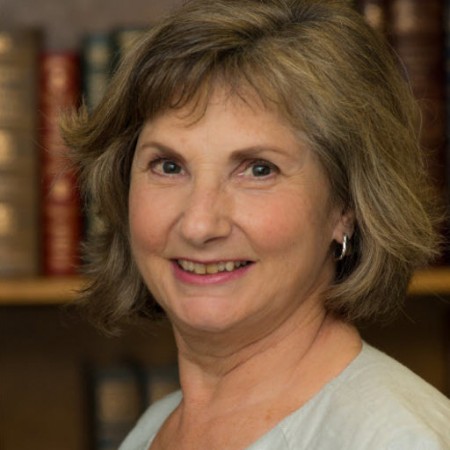
She’s not sure when, or where, it will happen. But the next time Elaine Ricketts Hicks interviews for a job, she already has part of her presentation down pat.
“I’m going to tell the story about the Community Health Informatics Initiative, which began when I met Ann Bishop Peterson-Kemp on my first day at the GSLIS LEEP program in 2008,” says the Tulane research support, education and public health librarian, who earned her master’s from Illinois in 2010.
“I had been the director of community and school health education at the Cook County Department of Public Health for many years before I enrolled at age 50-plus. I was uncertain and anxious about being a freshman all over again and generally questioning what the @#$% I was doing.
“On a tour, I saw this really cool woman in overalls in an office that said something about community — my thing. I had arrived. She would be my guide.
“I’m trained to solve problems with natural helpers in medically underserved communities. I start from the outcome — i.e. quality of life — and work back to identify environmental, social, economic and other barriers. It’s a process that reveals sustainable solutions.
"I took Ann’s class in the Chicago Puerto Rican community and she gave me a graduate assistantship to develop a community health informatics program — no strings attached, which is both a good and bad thing.
"I began by finding collaborators: Lisa Bievenue, director of informatics programs, Illinois Informatics, Marilyn O’Hara, the founder of the Geographic Information Science and Spatial Epidemiology laboratory, who worked with us at the health department during the West Nile Virus epidemic, and Awais Vaid, director of planning and research at Champaign Urbana Public Health District.
"I learned that the health department had incomplete reportable data on their website. This was a barrier to their goal for the community to access their health data by making it available on the health department website.
"I also learned that funding was available from Office of the Vice Chancellor for Public Engagement. Together, we received a $15,000 award from the Office of the Vice Chancellor for Public Engagement, facilitated an intercampus community health informatics workshop and hired three graduate students to implement the project.
"Along the way, Lisa and I accompanied Martin Wolske, interim director, to East St. Louis where he is building up the community through technology platforms and spaces while advancing social justice.
"Sharon Irish, project coordinator, solved problems and offered valuable advice.
"Jon Gant, founding director, and I shared a house with Ann when were were all in town and also offered excellent advice and direction.
"My heart is still broken by the untimely death of my dear friend, Marilyn O’Hara, who had the light of the world in her smile."
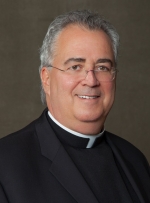
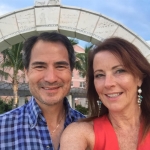

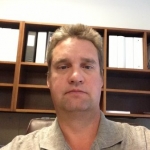
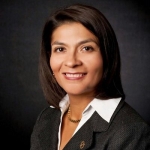
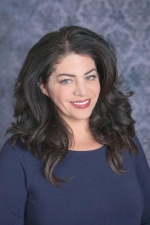
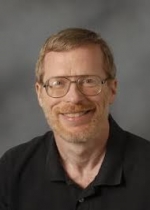
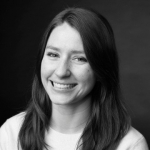
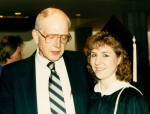
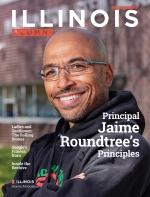
© 2026 The News-Gazette, All Rights Reserved | 201 Devonshire, Champaign, IL | 217-351-5252 | www.news-gazette.com
